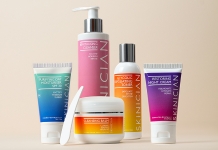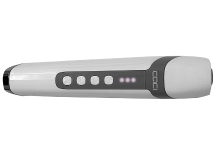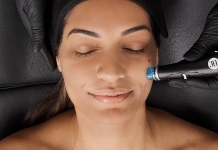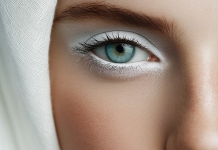Females unaware screens accelerate skin ageing

UK women are unaware of the damage that the light emitted from their smartphones, tablets and screens is doing to their skin.
According to research conducted by Mintel, only 5% of the UK's female skincare users believed that high-energy visible light (HEV) or blue light is damaging to skin which can include accelerated ageing the appearance of fine lines and wrinkles, and hyperpigmentation.
Roshida Khanom, Associate Director of Beauty & Personal Care at Mintel, explains:
“Exposure to heavy blue light/high energy visible light (HEVL) from electronic devices such as computers and smartphones has become a daily occurrence for many consumers. While there is currently little definitive proof that HEVL exposure can impact the appearance of skin, scientific studies as recent as this year suggest such exposure may accelerate pigmentation changes and add fine lines and wrinkles. It is clear from our research that most consumers are unaware of the damage HEVL is capable of doing to our skin.
"Brands have an opportunity to rewrite the traditional anti-ageing narrative, and advocate a new set of pro-health skin solutions that are driven by blue light protection.”
The research, published in Mintel's
Women's Facial Skincare UK 2018 report, also shows that 40% of female users of sun protection products (SPF) are confused over which level of sun protection to use on a daily basis, with under half (47%) of women using facial skincare with containing SPF, and 39% using a specific sun protection product. This is despite 72% of facial skincare users believing sun exposure to have the greatest external impact on the appearance of the skin, followed by pollution (41%) and cold weather (39%).
Internal influencers noted as having an impact on the skin included sleep (62%), diet (54%) and water consumption (46%).
Roshida adds:
“Whilst sun exposure is considered the biggest external factor impacting the appearance of skin, usage of SPF on the face is relatively low. This suggests that despite knowing about the impact of sun exposure, many women are choosing not to protect themselves. Confusion in the sector could be a reason, presenting an opportunity for brands to do more to help women understand how best to use sun protection on a daily basis. Young women, who are more likely to use different types of sun protection products on their face, may benefit from advice on how to layer their sun protection. Apps that recommend products to add to facial skincare routines on particular days, for example, could help clear up confusion.”
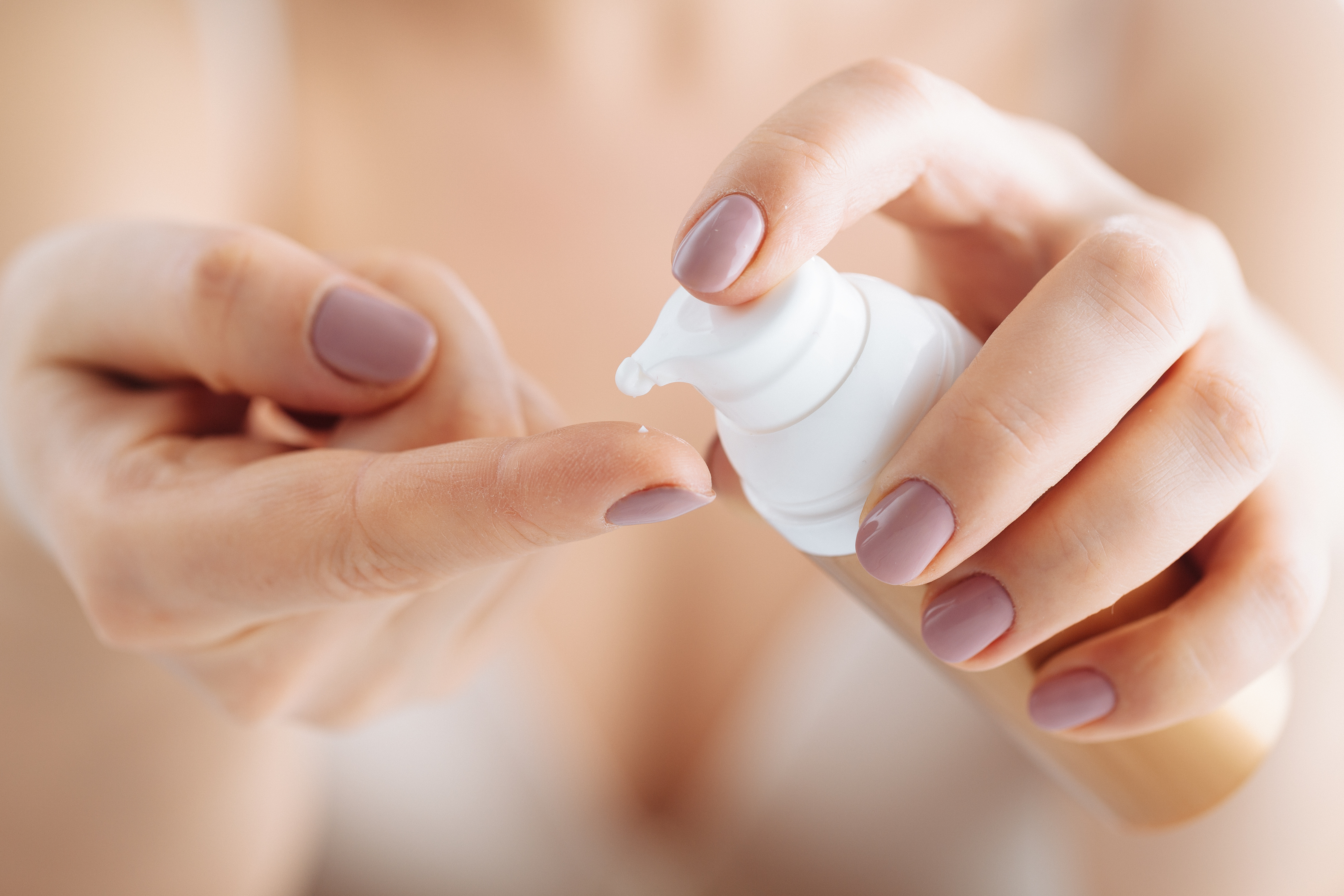
The market intelligence agency predict that the female skincare category will continue to increase 15% in value by 2023, estimating over the next five years it will reach £1.36 billion.

-13546.png)

